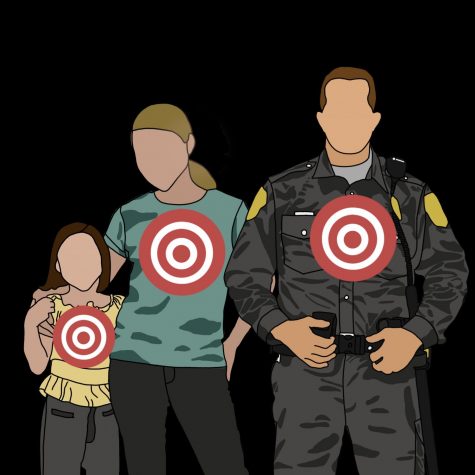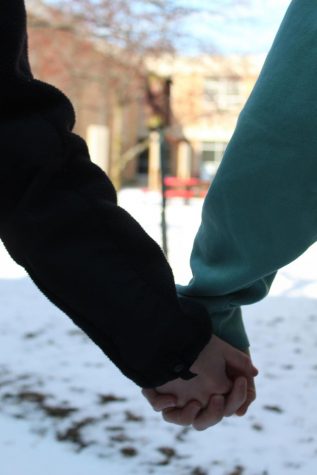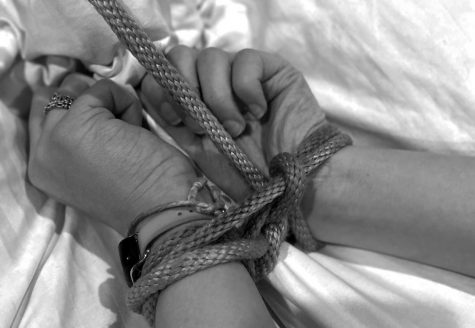Words Bruise Just as Much as Fists
It never ends.
Screaming. Fighting. Pain. And then it’s over. But even when it’s over, it’s never truly over. Words repeat themselves over and over again inside as though they’re being spoken out loud and the words leave marks; scars that are invisible to the naked eye, but are very real everytime eyes are closed. These victims feel the sharp pain of a fist the same as the cutting edge of a single word.
And it never ends.
This is the reality for millions of adolescents every day. In present day society, sexual abuse and harassment are recognized on every news station and talked about in entire communities. Though this is beneficial, people ignore the mental, emotional, verbal and physical abuse that one in three adolescents in the United States experience in their high school careers. Psychological and emotional abuse are often sidelined due to the fact that they are not nearly as visible as physical abuse; they are the side that no one really sees and the side that everyone is afraid to acknowledge.
And it never really ends.
Abuse doesn’t just start happening out of the blue; oftentimes, it stems from a relationship that is already toxic or unhealthy. In any unhealthy relationship, the idea of mutual respect does not exist. One person is constantly trying to get more out of the relationship than the other. However, these type of relationships do not necessarily form with the intent of one person wanting to be destructive towards the other.
“I feel like a lot of times relationships become toxic by accident,” senior Briana Pinto said. “I feel like most people aren’t personally like ‘I’m going to get into a relationship to hurt people.’”
But what most people do not realize is that abuse is most likely a learned behavior either on the part of the offender, the part of the victim or even both. Though the exact cause of an abusive relationship may not be able to be pinpointed, there are patterns that are common throughout many of them.
“Usually [the cause of abuse is] learned behavior,” Antioch school psychologist Jim White said. “It’s what either the victim or offender has been around in their past.”
And the cycle never ends.
Though the reasons a person may abuse their partner are not always clear, the situation usually arises from the need to maintain or find a sense of control. The offender may not seem like it, but they are emotional, insecure and short-tempered. However, just because a person is aggressive does not automatically make them abusive; aggression is a drive while violence is a behavior.
“Violence is a behavior that people choose sometimes when they don’t know how to be appropriately aggressive, assertive or when they start to feel anger,” Ph.D. Susan Hanks said in an interview with No Safe Place.
Unfortunately, only one in three young people will speak up about being involved in an abusive relationship, and it is not unheard of for a victim to stay in the relationship, despite the harm that may come to them because of it. These relationships, no matter how destructive they may be, are very real to both parties. A victim oftentimes stays in the relationship because that relationship is what feels normal to them; they don’t know anything other or better than that relationship.
“They stay in [the relationship] because they don’t know different and they think that that [the relationship] is what it’s just supposed to be,” White said.
A victim may stay silent about an abusive relationship for many different reasons. Insecurity is already a prominent trait and common occurrence in a victim’s life. Bringing that low self-worth into the light just increases that negative feeling even more, leaving a victim feeling worse about themselves than they would have if they hadn’t spoken up. In addition to not wanting to expose themselves or their partner, many teens are often unaware of the laws surrounding domestic abuse.
And for a victim, it will never end.
Abuse stays with a victim for the rest of their lives whether anyone notices or not. Besides the fact that, according to LoveIsRespect.org, victims of abuse are at higher risk for drug abuse, eating disorders, risky sexual behavior and further domestic violence, the psychological effects are often bypassed due to their more noticeable counterparts.
Psychological wounds may be the hardest ones to heal; an event, memory or person can live forever inside of one’s mind. Once a person has a bad experience in a relationship, oftentimes it’s harder to rebound from that. A person that has been in an abusive relationship may find themselves struggling to trust another person or letting themselves be happy in a new relationship, even if it is a healthy one. These scars hurt just the same as the visible one’s that may appear on a person’s skin.
“Unfortunately, the differences between psychological and physical [abuse are] great, but it all comes back together to become a negative life experience,” White said.
But people can help end it.
In order to help prevent abuse in relationships and help those who may be in need of it, the psychological and mental side of abuse must be recognized. Though talk of sexual and physical abuse is beneficial because it puts the topic out there, it often isolates and overshadows those who suffer equally from words and nonviolent actions.
“I feel like most people when they think of the word abuse think of people punching each other or physical stuff,” Pinto said. “I feel like people don’t think about how their words can necessarily affect people as much as their fist.”
No matter the form of abuse, it will stay with a person forever. Words bruise the same as a fist whether those wounds are visible or not. All abuse may be different, but one thing is for sure: giving help to those who need it is a priority.
“If this [abuse] is going on, there’s nothing to work out at all,” White said. “The person getting exposed to it [the abuse] needs to get away from it, there’s nothing to work out there.”


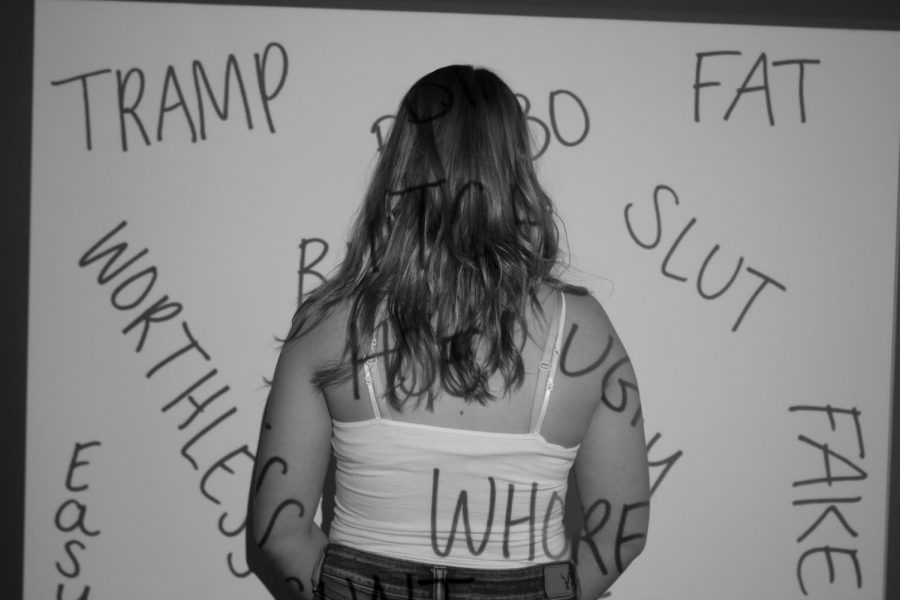


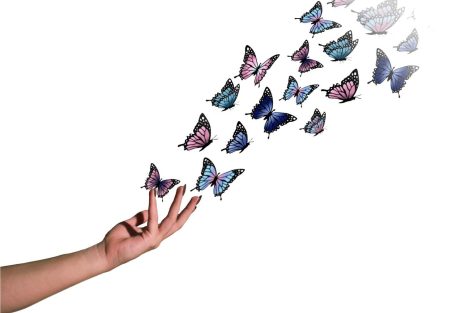

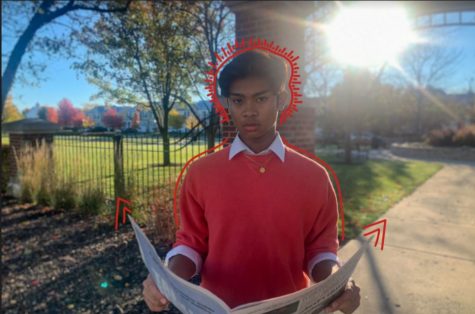

![The Black Lives Matter movement has become a growing trend in recent years. Everything people post on Instagram and everything [related to] politics is a trend now sophomore Kelsey Aviles said. Despite how serious of a topic it is, some individuals post about BLM specifically because it is trendy.](https://www.sequoitmedia.com/wp-content/uploads/2020/12/Untitled-Artwork-3-475x168.jpg)

